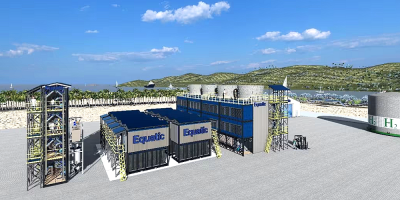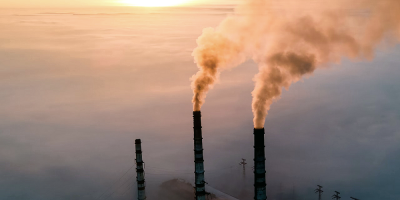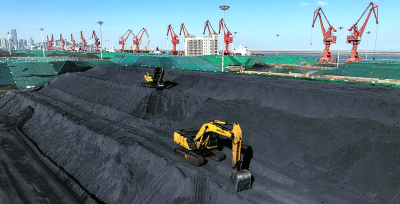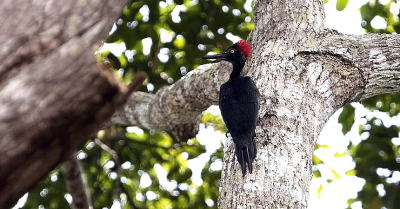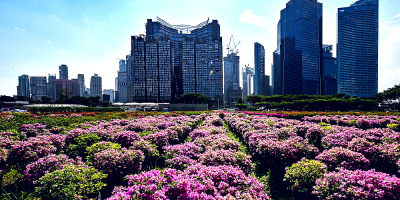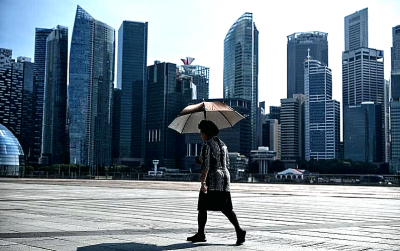By Joshua Howat Berger
RIO DE JANEIRO, Nov 10 (AFP) — Erika Berenguer, an Amazon ecologist at Oxford and Lancaster universities, is one of the most prominent scientists studying how the rainforest functions when humans throw it off balance.
AFP asked the 38-year-old Brazilian to break down the latest research on the Amazon and what it means for us all.
There are lots of headlines on the destruction of the Amazon. What does the science say?
“The results are truly horrifying. They are in line with discussions about the ‘tipping point’ (at which the rainforest would die off and turn from carbon absorber to carbon emitter).
“One study found that in the southeast of the Amazon in the dry season, the temperature has increased by 2.5 degrees Celsius (over the past 40 years). That is truly apocalyptic.
“I don’t think even academics were prepared for that. The Paris deal is trying to limit the world to 1.5 degrees; 2.5 in the Amazon is huge.
“And in the northeast Amazon, we’ve seen a decrease of 34 percent in precipitation in peak dry season (from August to October).
“The implication of all this is that if you have a hotter and dryer climate, fires are just going to escape more into the forest. So it gets into this feedback loop, this vicious cycle of horror.”
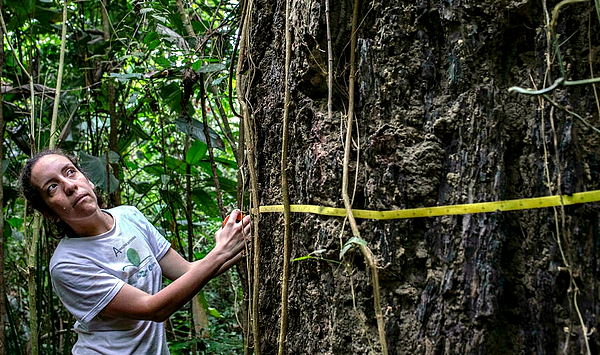
Can we still save the Amazon? What happens if we don’t?
“That’s the million-dollar question. We’ll never know the tipping point until we’re past it. That’s the definition of a tipping point. But different parts of the Amazon are speeding up toward it at different paces.
“If we pass the tipping point, it’s the end. And I don’t say that lightly. We’re talking about the most biodiverse place on the planet collapsing.
“Millions and millions of people becoming climate refugees. Rainfall patterns being disrupted across South America.
“Without rainfall, we don’t have hydroelectricity, so it means the collapse of industry in Brazil, and therefore the collapse of one of the largest economies in the world, of one of the biggest food suppliers in the world.
“We cannot live in a world without the Amazon.”
Your WhatsApp profile picture has the word ‘hope’ written in big letters. What keeps you hopeful for the Amazon?
“Chocolate (laughs).
“But really, there is definitely hope for change. Within my lifetime, I saw a decrease of more than 80 percent in deforestation, between 2004 and 2012. It wasn’t easy.
“You require coordination between several (government) agencies. But they did it. So why can’t we see it again?
“Globally, there are several levels of solutions for everyone in the world. Everybody has to reduce their carbon footprint. Nobody’s going to go back to living in a cave, but we all need to have a deep reflection on what we can do.
“We also need to pressure for transparency on commodities that come from Amazonia. Know where your gold is coming from, know where your beef is coming from.
“But most importantly, we need to insist on structural changes. We need to pressure our governments and corporations to cut emissions.”
ADVERTISEMENT
ADVERTISEMENT






